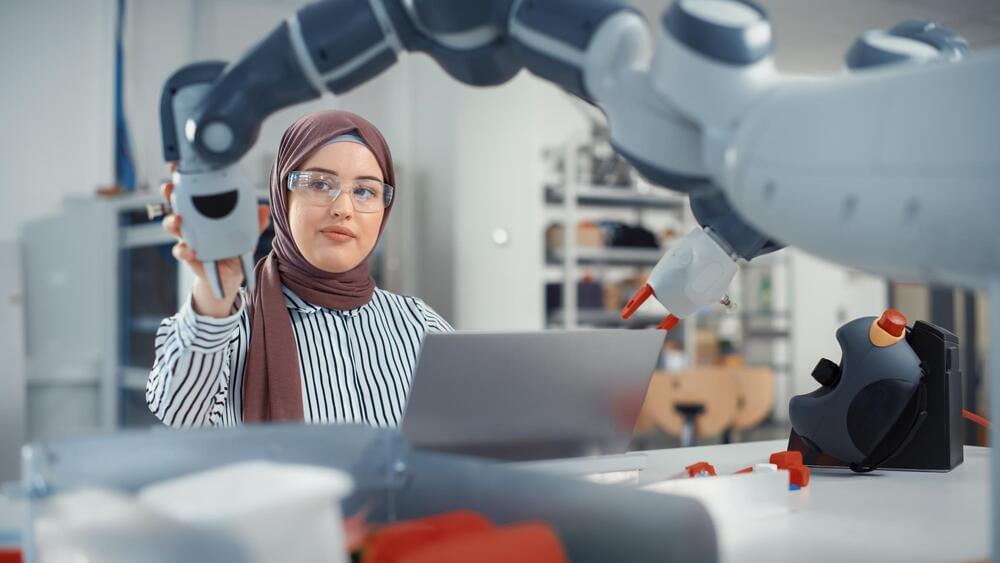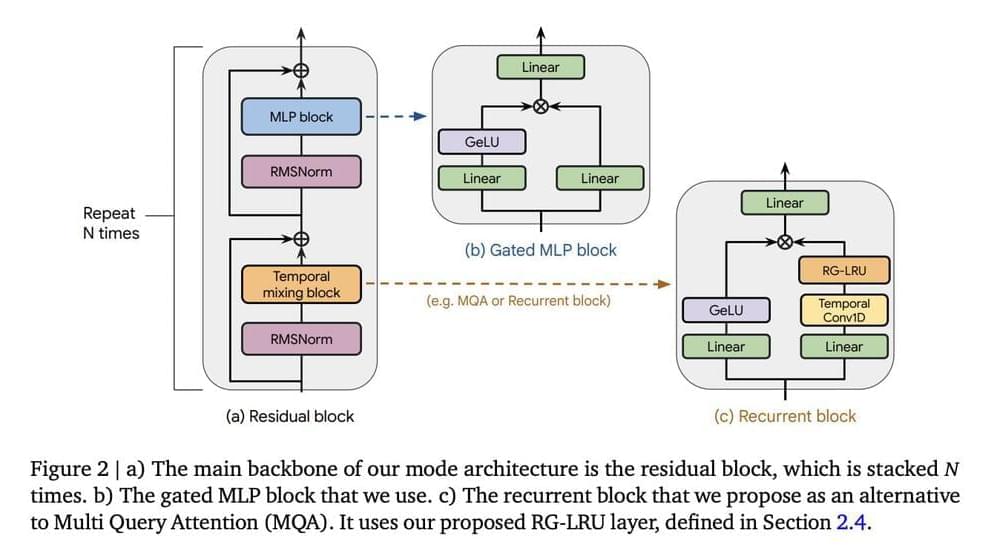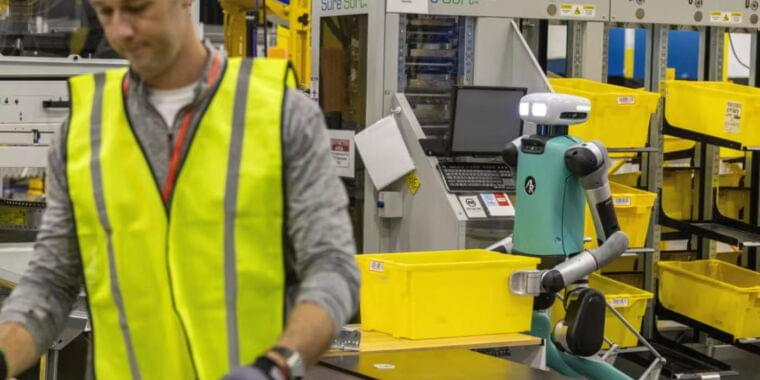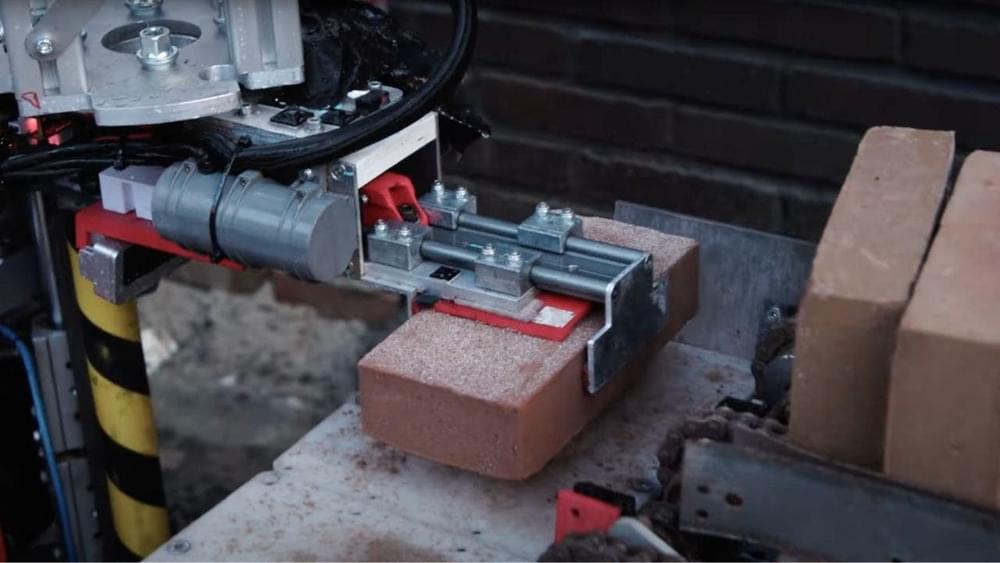Devin, SIMA, Figure 1, all in 24 hours. What does it mean and are AI models taking the wheel? I’ll go through 5 relevant papers and 11 articles to get you all the relevant details, from what exactly Devin accomplished, and didn’t, to DeepMind’s new AGI-attempt-in-3D (SIMA) to just how far AI agents have come and what that means for the future of jobs. They’ll also be a guest star … discussing … me?
AI Insiders [Exclusive videos, Discord, Interviews and More]: / aiexplained.
Devin: https://www.cognition-labs.com/blog.
Devin YT: • AI trains an AI!
SWE-bench: https://arxiv.org/pdf/2310.06770.pdf.
Cognition Twitter: / with_replies.
Reality Check: / 1768056098995814836
Karpathy Tweet: / 1767598414945292695
Bloomberg: https://www.bloomberg.com/news/articl…
Chollet Prediction: / 1767935813646716976
https://magic.dev/
SIMA: https://deepmind.google/discover/blog…
SIMA Paper: https://storage.googleapis.com/deepmi…
MobileAgent: https://arxiv.org/pdf/2401.16158.pdf.
OpenAI Agent: https://www.theinformation.com/articl…
Red Dead Redemption AI: https://arxiv.org/pdf/2403.03186.pdf.
RT-X: https://deepmind.google/discover/blog…
Figure 1 Hz: / 1767928771875868677
MasterPlan: https://www.figure.ai/master-plan.
Unit Cost: https://www.cnbc.com/2024/02/29/robot…
MMMU: https://arxiv.org/pdf/2311.16502.pdf.
https://github.com/MMMU-Benchmark/MMMU
Jeff Clune Tweet: / 1768320487627579466
Semianalysis: https://www.semianalysis.com/p/ai-dat…
Huang AGI Quote: https://www.reuters.com/technology/nv…
Altman Quote: https://www.marketingaiinstitute.com/.…
US Govt Report: https://twitter.com/jeffclune?ref_src…
AI Insiders: / aiexplained.




